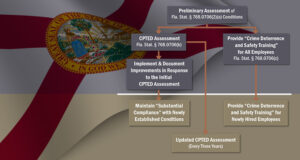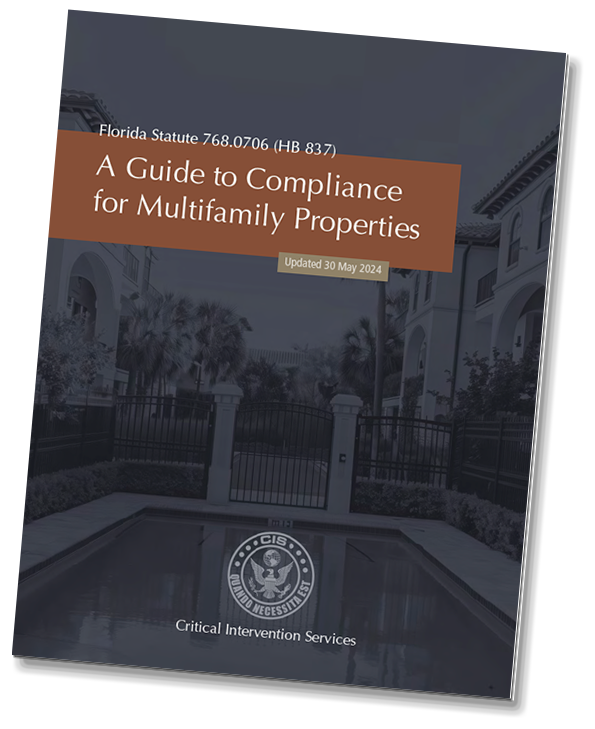
CIS and S2 Institute Launch Free ‘Proper Crime Deterrence and Safety Training’ for Compliance with Florida Statute 768.0706(2)(c)
Training Now Available On-Demand at www.HB837training.com Clearwater, FL, September 12, 2024 — Critical Intervention Services (CIS), in partnership with the S2 Institute, proudly announces the






